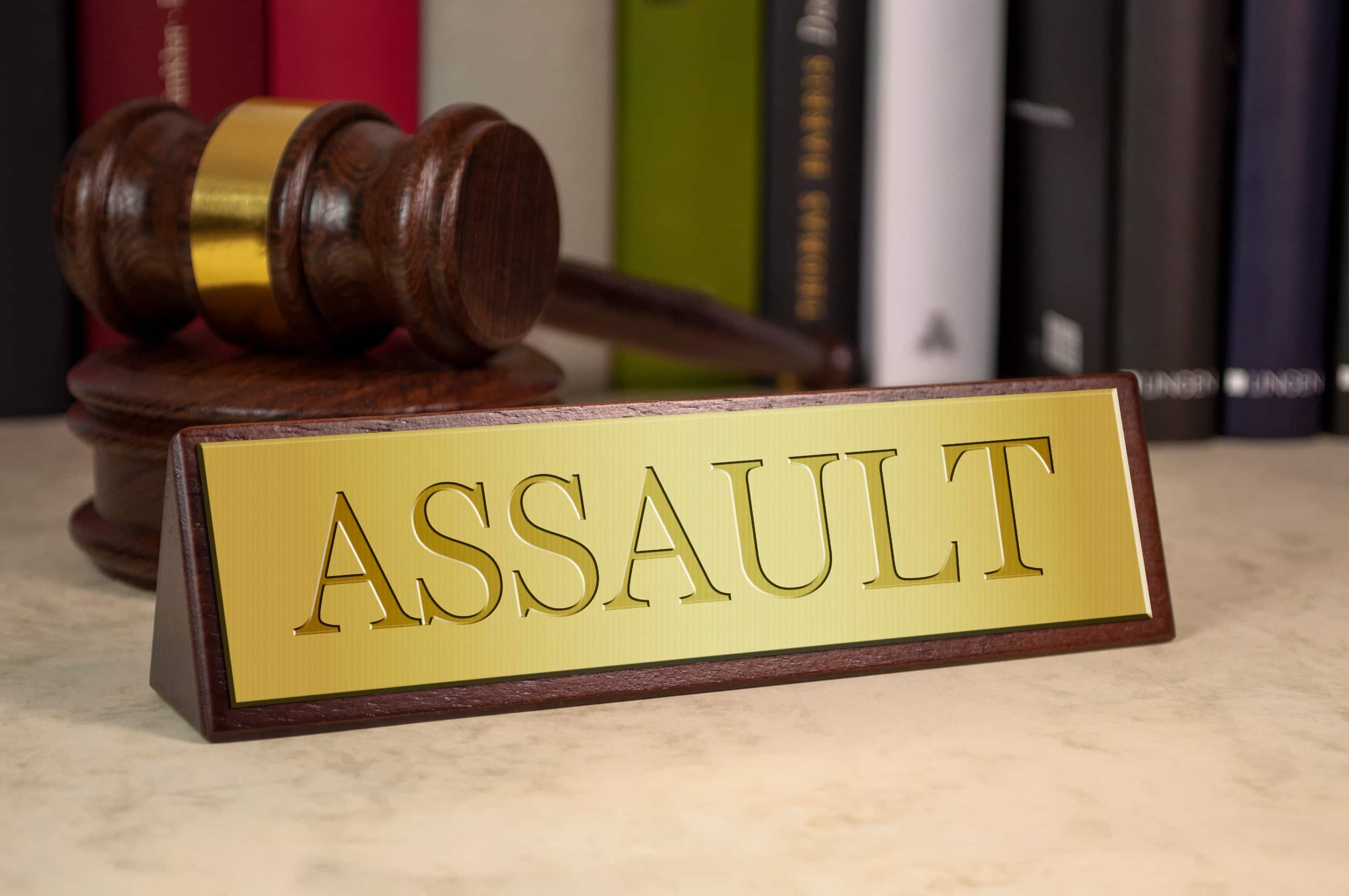Assault charges are serious legal matters that can carry severe consequences, including hefty fines, long-term imprisonment, and a permanent criminal record. If you are facing assault charges, it is essential to understand state laws, potential penalties, and the various strategies you can use to defend yourself.
This article provides an overview of Minnesota’s assault laws, the penalties associated with different levels of assault, and key defenses that can be employed in court.
Understanding Minnesota’s Assault Laws
Assault is broadly defined as an act done with the intent to cause fear of immediate bodily harm or death or the intentional infliction of or attempt to inflict bodily harm upon another person. The state classifies assault into different degrees based on the severity of the act, with first-degree being the most serious and fifth-degree being the least serious, the harm caused, and factors such as the use of a weapon or the status of the victim (e.g., whether the victim is in a protected class such as a police officer or vulnerable adult).
In Minnesota law, the definition of assault covers both the traditional crimes of assault and battery. Domestic assault is covered under a separate statute.
Assault in the first degree occurs when someone causes great bodily harm to another person or uses deadly force against a peace officer. This is a felony offense, punishable by up to 20 years in prison and fines of up to $30,000.
Assault in the second degree involves the use of a dangerous weapon with the intent to cause bodily harm. This is also a felony, carrying a potential sentence of up to 7 years in prison and fines up to $14,000. If substantial bodily harm occurs, the sentence can be increased to up to 10 years and fines up to $20,000.
Assault in the third degree occurs when an individual inflicts substantial bodily harm on another person. This is a felony offense, punishable by up to 5 years in prison and fines of up to $10,000.
Assault in the fourth degree involves assaults on certain protected classes, such as law enforcement officers, school employees, or vulnerable adults, typically with a lesser degree of harm or without the use of a weapon. This can be a gross misdemeanor or felony, with penalties ranging from up to 1 year in jail and a $3,000 fine to more severe punishments, depending on the circumstances.
Assault in the fifth degree is the most basic form of assault and can include acts intended to cause fear of bodily harm or the actual infliction of harm. This can be a misdemeanor, gross misdemeanor, or felony, with potential penalties including up to 90 days in jail and a $1,000 fine for a misdemeanor or more severe consequences for repeat offenders or more serious incidents.
MN Assault: Penalties & Consequences
Penalties for assault in Minnesota depend on several factors, including, as mentioned, the degree of assault. Other factors are the circumstances of the offense and the defendant’s criminal history. Enhanced penalties apply in cases motivated by bias. In addition to imprisonment and fines, those convicted of assault may face other consequences, such as:
- Instead of or in addition to jail time, a judge may impose a probation sentence with conditions such as mandatory counseling, community service, or drug and alcohol treatment.
- The court may order the defendant to pay restitution to the victim for medical bills, lost wages, or other related expenses.
- Loss of Rights. A felony conviction for assault can result in the loss of certain civil rights, including the right to vote, the right to possess firearms, and difficulties in securing employment or housing.
Defending Against Minnesota Assault Charges
If you are facing assault charges, it is essential to mount a strong legal defense. Several defense strategies can be employed, depending on the specifics of your case:
Self-Defense
Legal Justification – One of the most common defenses in assault cases is self-defense. To successfully claim self-defense, you must demonstrate that you believed you were in imminent danger of bodily harm and that the force used was necessary and proportional to the threat.
Defense of Others – Similar to self-defense, you can argue that you were defending someone else who was in imminent danger of being harmed.
Lack of Intent
No Intent to Harm – Assault charges often require proof of intent to cause harm. If you can show that the act was accidental or that you had no intention of causing fear or harm, this may serve as a defense against the charges.
Provocation – In some cases, you may argue that you were provoked into acting, which might lead to dismissed or reduced charges or penalties.
False Accusation or Mistaken Identity
Wrongful Accusation – It’s possible that you were falsely accused of assault, either intentionally or due to a mistake in identifying the perpetrator. Witness testimonies, alibis, and other evidence can be crucial in proving your innocence.
Insufficient Evidence – The prosecution must prove your guilt beyond a reasonable doubt. If there is insufficient evidence to establish that you committed the assault, your attorney can argue for a dismissal of the charges.
Consent
Mutual Consent—In some situations, such as certain sports or agreed-upon physical confrontations, the injured party may have consented to the act that led to their injury. However, this defense is complex and depends heavily on the context.
Mental Incapacity
Diminished Capacity – If you can prove that you were not mentally capable of forming the intent to commit assault due to a mental illness or impairment, this may be used as a defense to reduce or dismiss the charges.
If you or a loved one is charged with assault, seeking the assistance of an experienced criminal defense attorney is essential. An attorney can help you build a strong defense, negotiate plea deals, and protect your rights throughout the legal process.
About the Author:
Christopher Keyser is an AV-Preeminent rated criminal and DWI defense attorney based in Minneapolis who is known for fighting aggressively for his clients and utilizing innovative tactics to get the most positive results. He has been featured in numerous media outlets due to the breadth and depth of his knowledge and has been named a Certified Specialist in Criminal Law by the Minnesota Bar Association. Mr. Keyser is Lead Counsel rated, and he has received recognition for his criminal law work from Avvo, Expertise, and Super Lawyers.








